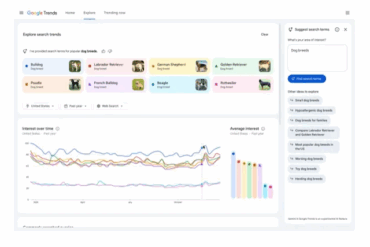By Bob Nelson
One of the most important, and neglected, skills in business: Valuing employees the way they’d like to be value
Most every manager knows the importance of recognizing their employees when they do good work. According to my research, some 80 percent of managers report they do this all the time. Yet when you ask their employees how much recognition they receive, only 12 percent (according to Maritz, Inc.) say they are recognized in meaningful ways where they work when they do a good job.
What this demonstrates is something I call the “knowing-doing” gap that is so common in companies I have researched and worked with over the last 25 years. Voltaire once observed that “Common sense is often not common practice” and nowhere is this more true than in valuing employees in ways they’d like to be valued.
In a large-based Internet survey I conducted, I found that personal praise and thanks is the #1 motivator reported by employees, 99+ percent of whom say it’s important for them to be thanked by their manager when they’ve done a good job. As Alan Mullany, the former CEO of Boeing and then Ford recently told me: “Everyone wants to contribute and everyone wants to be valued for their contribution. You don’t have to do that much. Just thank them, thank them all the time!”
Research on 65 workplace incentives by Dr. Gerald Graham, professor emeritus at Wichita State University, found 4 of the 5 top motivators to be relatively simple: personal praise (#1), written thanks (#2), public praise (#4) and morale-building meetings (#5). He concluded, “It appears that the techniques that have the greatest motivational impact are practiced the least even though they are easier and less expensive to use.”
Most managers, however, don’t do these things and instead feel that their employees only want more money. Yes, money is important (we all need to pay our bills), but once someone can meet their basic needs, their attention tends to turn to higher-order motivators such as purpose, being a part of something larger than oneself, being held in high esteem by one’s peers and leaders or challenging oneself to overcome obstacles and barriers to reach new heights at work.
Other things that cost little or no money have commonly been reported as top motivators by employees. For example, in employee segmentation research conducted by Dr. Rick Garlick, Vice President, Strategy Consultant for Magid, 8 percent of employees in organizations (a category he labelled “Upward Movers”) would like to be thanked for doing a good job by being given more responsibility. I’ve found that other non-tangible aspects are also important to employees: time with one’s manager, visibility, flexibility, autonomy, choice of working assignments, involvement in decisions, handling mistakes in a positive way, etc. Giving employees those things doesn’t require spending a dime.
Companies also need to STOP doing those things that demotivate workers. According to Maritz, 34 percent of employees report that the things their company does to recognize them and make them feel valued, actually demotivate them instead. Things like years-of-service awards, birthday parties, holiday celebrations, and so forth that mainly recognize presence, not performance, often helping to create a culture of entitlement.
Often such programs are set up with the best of intentions but along the way lose their lustre and often become a joke to employees. What good is having a service award for 5-, 10-, 15- and 20-year employee anniversaries when the average Millennial (the largest sector of today’s workforce) tenure is 1.8 years? Or a once-a-month, one-person quota for excellence when in reality you need EVERY employee to do their best EVERY day?? Companies need to stop doing things they’ve been doing since 1940 and instead find out what their employees most value and then give them those things when they perform in ways that meet or exceed your mutual goals.
Employee motivation is a moving target and the challenge is ongoing wherever you work. It is important to show your employees they are a priority to you through your actions so that they can have a better, more fulfilling and meaningful experience working for you and your company.
Feature Image Credit: Getty Images





